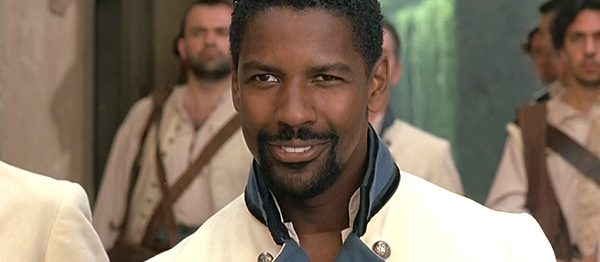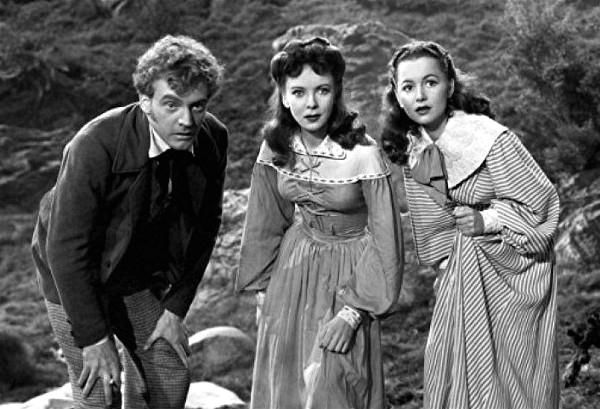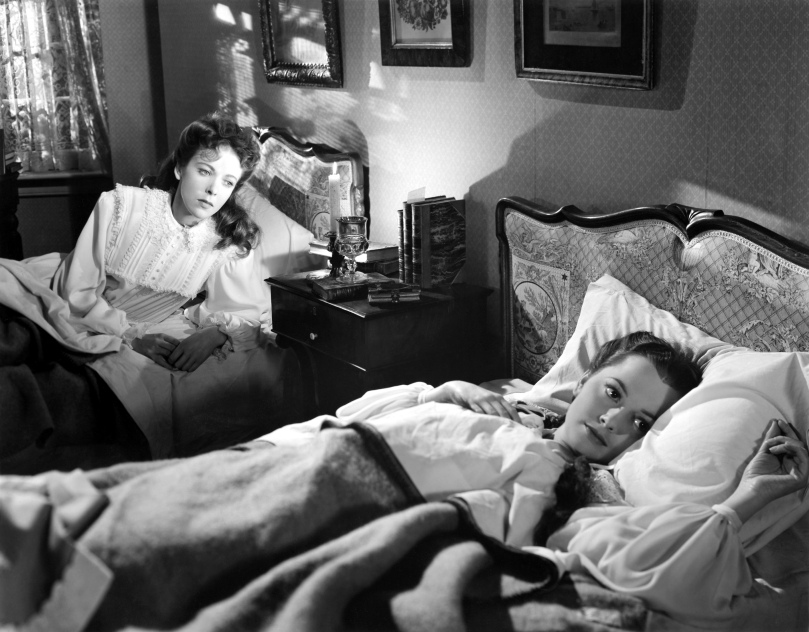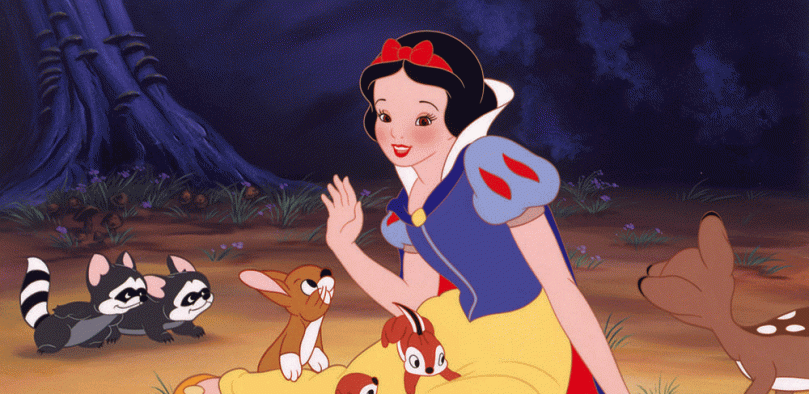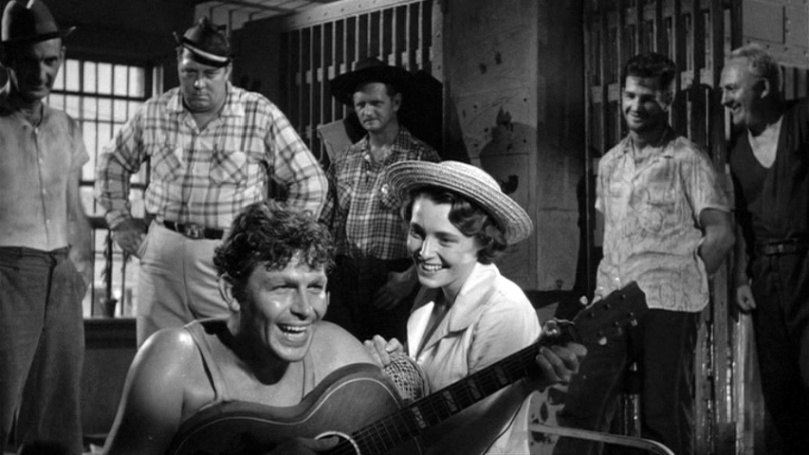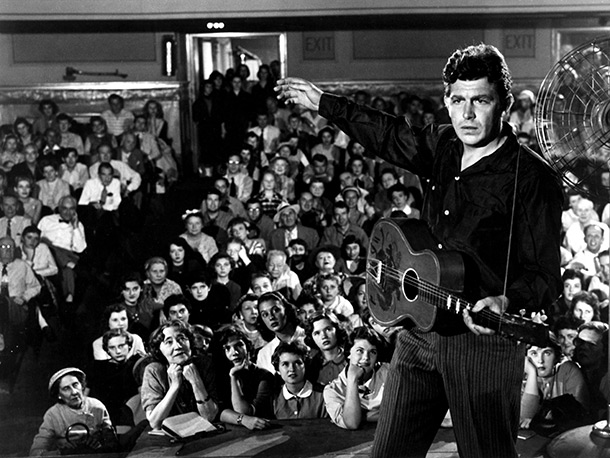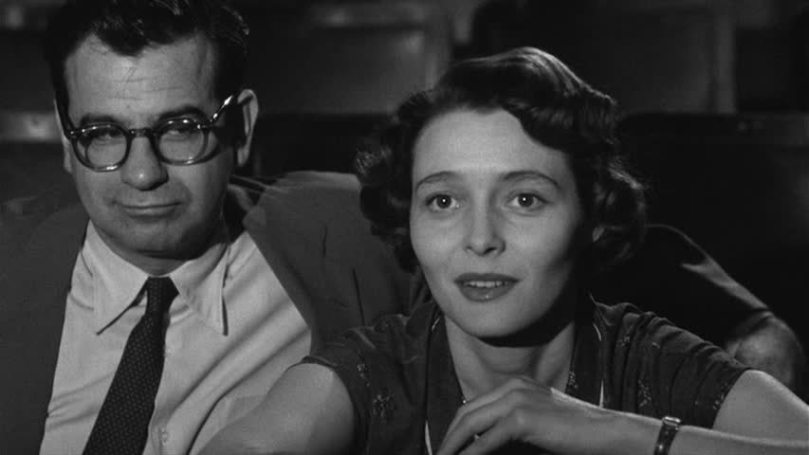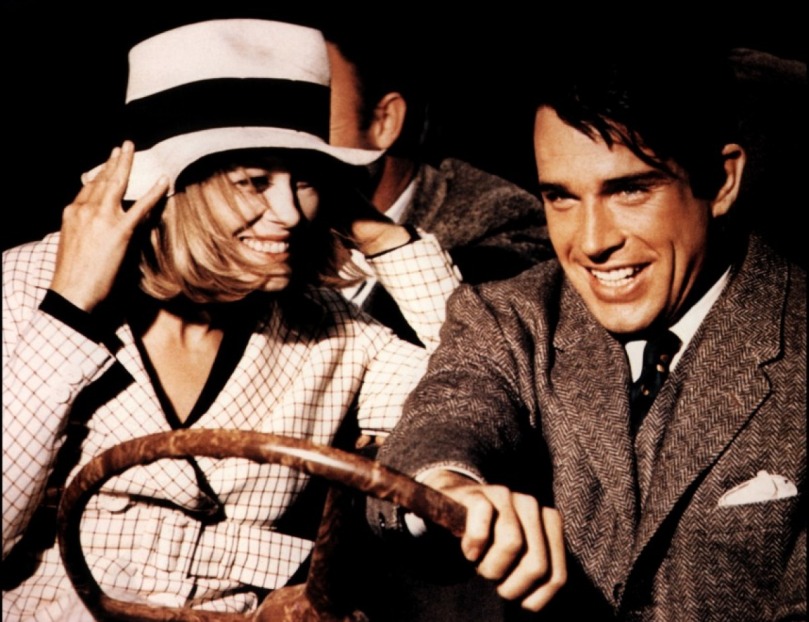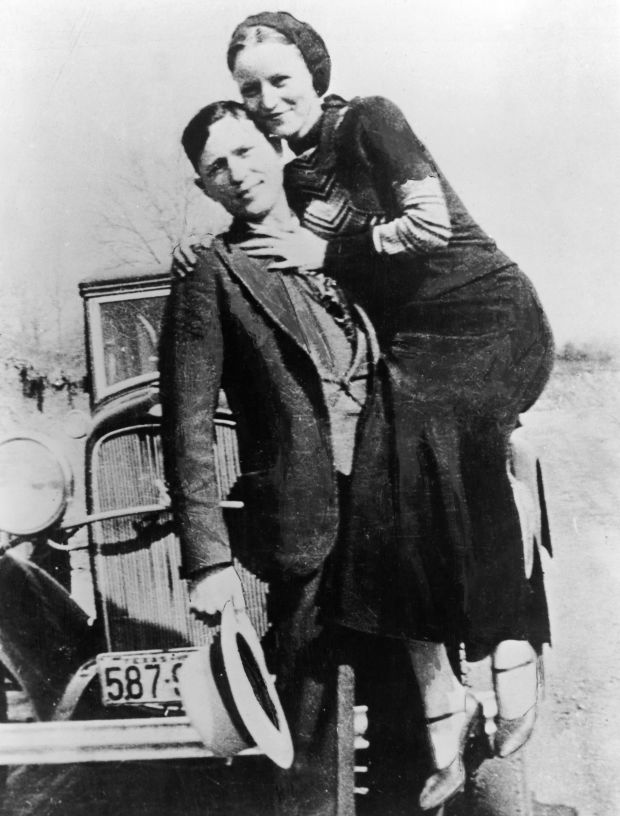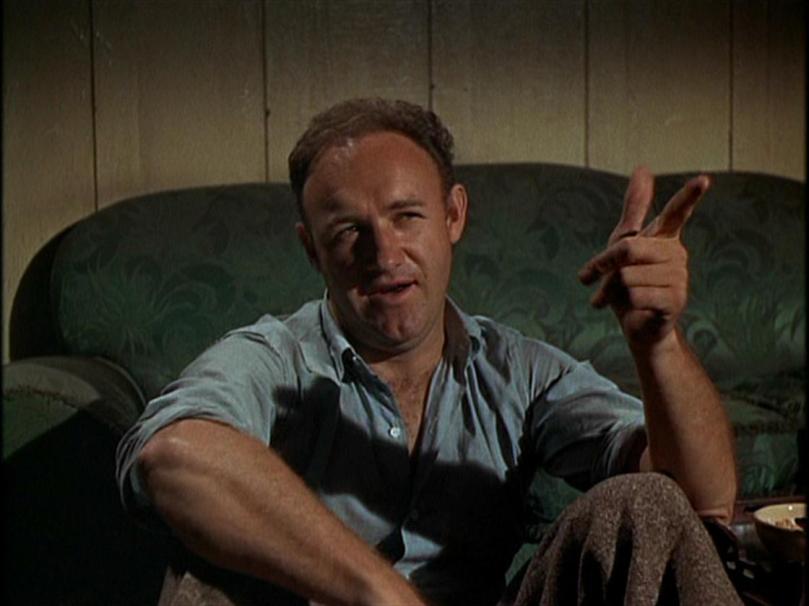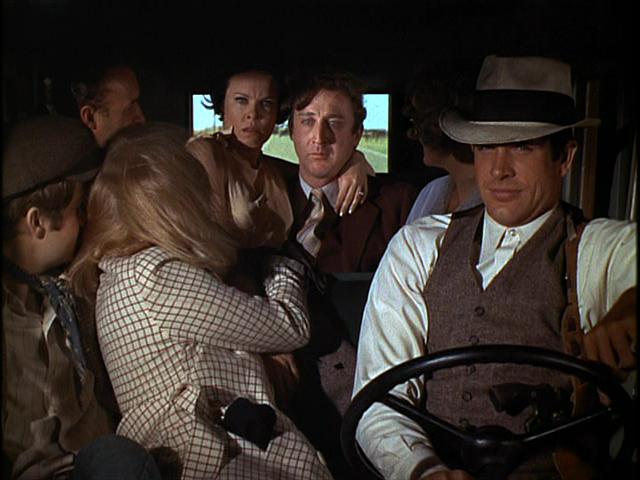
I’m not of the can-kicking, shovel-carrying, ear-scratching, torn T-shirt school of acting. There are very few real men in the movies these days. Yet being a real man is the most important quality an actor can offer on the screen. -Yul Brynner
I saw this movie for the second time a few days ago; the first time, I didn’t pay much close attention. The large ensemble cast is lead by Yul Brynner, undoubtedly one of the first leading men in Hollywood to transcend race. Though his famed bald head is covered here, his unflinching gaze and deep authoritative voice (w/ its hard-to-place accent) are on full display. In The Magnificent Seven, Chris is referred to as a “Cajun” by his old friend, Harry Luck (Brad Dexter). It turns out that Yul’s paternal grandfather was of Swiss-German origin; his paternal grandmother was Russian, and was said to be of part Mongolian/Buryat ancestry.

I’ve never lost my appetite for acting; it’s innovative and challenging. -Eli Wallach
Speaking of “exotic” men, the main villain in this story is played by Eli Wallach, the Brooklyn-born son of Jewish immigrants from Poland. He grew up in an Italian neighborhood; he would go on to play Italian and Mexican characters in his six-decade career.

My wife says that stage acting is like being on a tightrope with no net, and being in the movies, there is a net – because you stop and go over it again. It’s very technical and mechanical. On stage you’re on your own. -Eli Wallach on film vs. theater acting
Wallach (who died in 2014 at age 98) studied “The Method” alongside Marlon Brando at The Actor’s Studio; this style would’ve differentiated him from several of his co-stars in The Magnificent Seven. He learned to ride a horse for this role, w/ help from the Mexican stuntmen.

Acting is the easiest thing I’ve done, I guess that’s why I’m stuck with it. -Charles Bronson
Speaking of 1st gen Americans, Charles Bronson (best known for his tough guy roles in Westerns) was the son of Lithuanian parents who settled in Pennsylvania. You probably don’t recall seeing him as a young man, since he was a latecomer to Hollywood. Bronson worked in the coal mines at age 16 to help support his family, then served in the Army as a young adult, then used the GI bill to study art- VERY cool!
In this film, Bronson has a rare good guy role. Three boys in the village grow close to him, much to his surprise and bemusement. These kids admire his skills, but (in one pivotal scene) Bernardo explains that gunfighting is NOT what makes a man “brave.”

I came from dust bowl folk — ordinary people who were stultified by the American Dream.
I’m a jazz kind of actor, not rock’n’roll.
-James Coburn
Tall and lanky character actor, James Coburn (who hailed from Nebraska), is here more for his presence. He has only a FEW lines on dialogue, and his usual big grin doesn’t come out (NOT apropos for his quiet, no-nonsense character).

With a modest amount of looks and talent and more than a modicum of serendipity, I’ve managed to stretch my 15 minutes of fame into more than half a century of good fortune. -Robert Vaughn
The relatively-unknown Vaughn was suggested for his role thanks to college buddy, Coburn. There was an actors’ strike going on also, so director (James Sturges) was open to the idea. He’s more known for TV than film; you’ve probably seen him in commercials for law firms (all over the US).

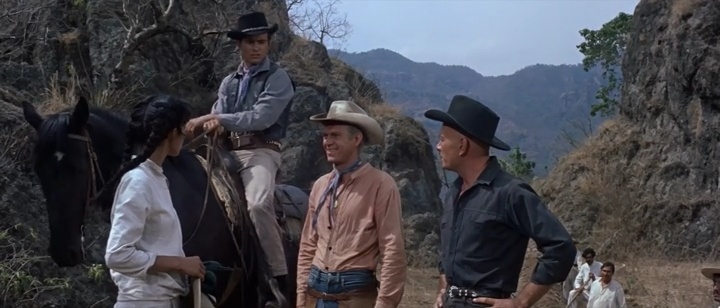

The one member of the seven that provides some humor (as well as romance) is Chico, a young/inexperienced Mexican man who has something to prove. Chris recognizes this, as well as his fast reflexes, and he joins in protecting the village. Horst Buchholz is the German actor who was sought after to play this role. The film was a hit, first in Europe, then was re-distributed in the US (earning high profits). His accent does NOT match w/ that of the Mexican-origin actors, BUT that’s just something you have to ignore to enjoy this film.
Hmmm… what to say re: Vin (Steve McQueen)? He’s got that trademark tan, gorgeous blue-gray eyes, and GREAT skills on a horse. The way he gets on and off his horse is even cool! I liked this role for him, as it has hints of humor. However, I think he shines even more in The Great Escape (which I saw a few weeks ago for the first time). You can’t deny that this actor has screen presence!

Donald Trump (ugh) would NOT like this film! Why is that? The Mexican villagers in it are portrayed like REAL people- they venture out to another town to hire gunmen, show kindness and hospitality, and (eventually) take up arms to stand up for themselves. Being border people, they speak English VERY well, too (gasp)! The three leaders of the village decide that they won’t be victims anymore, then convince everyone else to join in the effort to get rid of the bandits.
